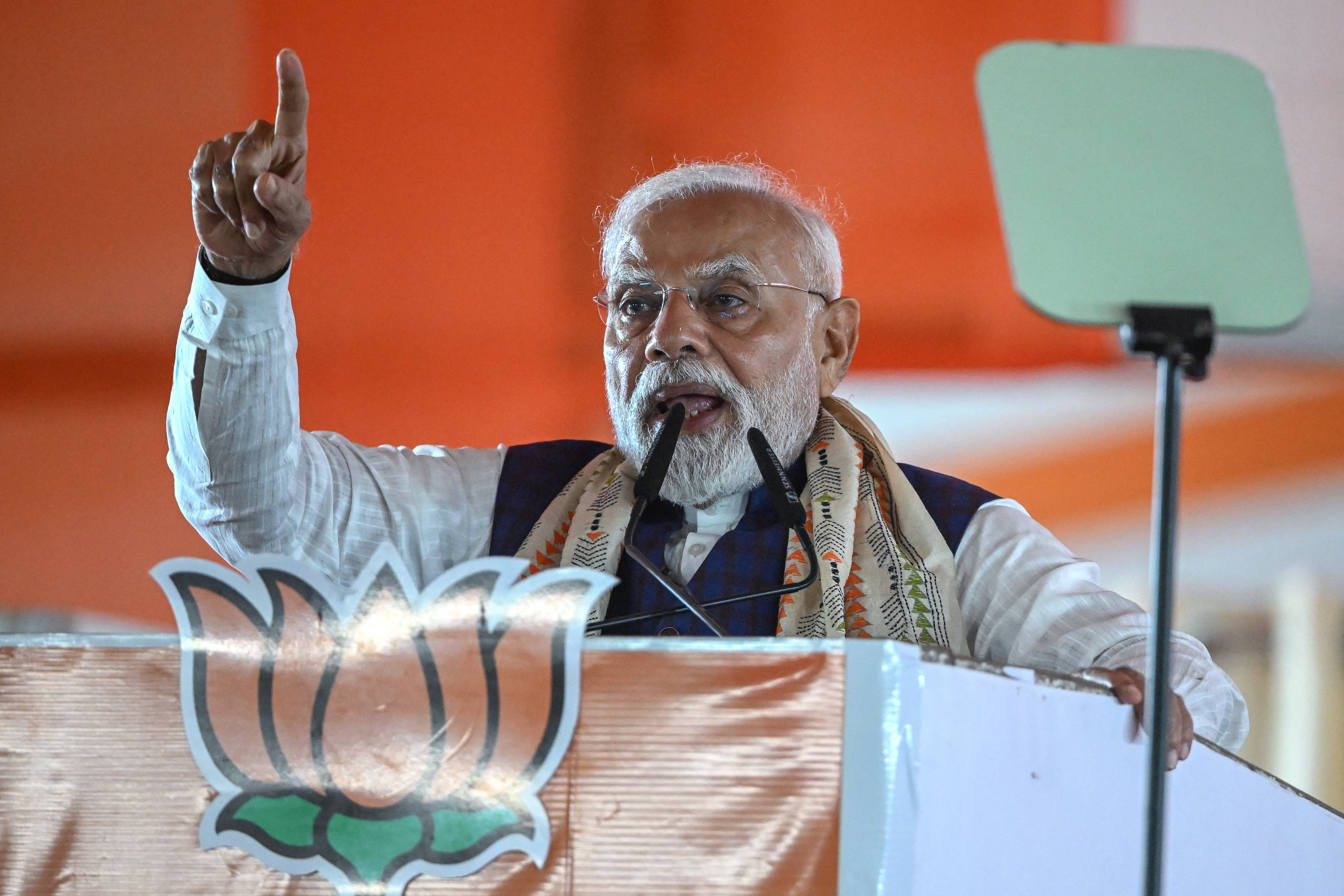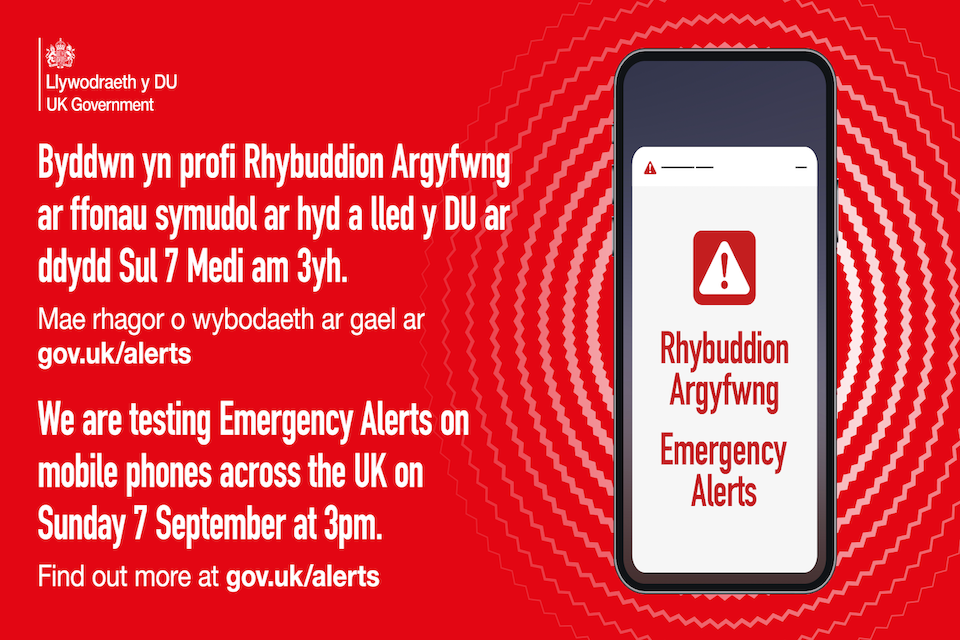A court in India ruled that prime minister Narendra Modi’s university degree could not be disclosed under the Right to Information Act as such records constituted “personal information”.
Justice Sachin Datta of the Delhi High Court on Monday overturned a 2016 order by the Central Information Commission directing Delhi University to provide access to records of students who graduated in 1978, the year Mr Modi was said to have completed his Bachelor of Arts programme.
The university challenged the order in 2017 and the High Court stayed the disclosure on the very first day of hearing.
In that same ruling, the High Court had quashed a CIC order to the Central Board of Secondary Education to allow inspection of school records, including admit cards and marksheets, of Smriti Irani, senior member of the ruling Bharatiya Janata Party and former education minister.
The latest ruling mirrored a 2023 judgment by the Gujarat High Court blocking disclosure of Mr Modi’s postgraduate degree records by Gujarat University on privacy grounds.
Justice Datta said personal information like academic transcripts and marksheets were protected from disclosure under the transparency law absent “overriding public interest”.
“Thus, it is unambiguously clear that the marks obtained, grades, and answer sheets etc are in the nature of personal information,” he was quoted as saying by the Indian media.
The court argued that a person taking public office did not automatically remove the confidentiality of their personal records.
“The fact that the information sought pertains to a public figure does not extinguish privacy or confidentiality rights over personal data, unconnected with public duties,” Justice Datta noted.
He reasoned that disclosure of such records could encourage “indiscriminate demands, motivated by idle curiosity or sensationalism, rather than any objective public interest consideration”.
“The RTI Act was enacted to promote transparency in government functioning and not to provide fodder for sensationalism,” he added.
Delhi University argued that it held student data in a fiduciary capacity – a relationship of trust – and that statutes required results to be issued only to students, not the public.
The court agreed, pointing out that the confidentiality expectation applied to all students, regardless of whether they later assumed public office.
The court also observed that if an educational qualification were a statutory requirement for holding public office, disclosure could be justified. In the case of Mr Modi, however, no such legal requirement existed.
The ruling also set aside a CIC penalty imposed on a Delhi University official for rejecting an RTI request, with Justice Datta noting there was no evidence of deliberate obstruction and describing the refusal as a “procedural irregularity” at most.
Mr Modi’s academic record has long been the subject of political debate. Opposition parties, particularly the Aam Aadmi Party and the Congress, have accused him of concealing his qualifications.
Mr Modi’s party has released copies of his degrees and universities have affirmed their authenticity, but critics have continued to question them.
The Congress criticised Monday’s decision, arguing that the secrecy surrounding Mr Modi’s degrees was “incomprehensible”.
Amrita Johri, a transparency campaigner, told The Independent what might have appeared as a routine information request took on unusual weight because of who it concerned.

“Under normal circumstances, this would be considered a fairly innocuous demand for information that should be complied with easily,” she said. “But this information concerned prime minister Narendra Modi. In an affidavit filed to the Election Commission prior to the 2014 general elections, Modi had stated that he had completed his BA from Delhi University in 1978. The university flatly refused to provide the information and the matter went into appeal.”
She added that the stakes were not trivial as disputes over false educational claims by politicians had already reached India’s top court.
“The falsification of academic qualifications by elected representatives has also dominated the headlines. In November 2016, the Supreme Court quashed the election of an MLA from Manipur for falsely declaring in his nomination papers that he had an MBA degree,” she said.
“The court held that the right to vote would be meaningless unless citizens were well-informed about the antecedents of candidates and that the election of a candidate could be set aside for making false declaration about educational qualifications.”



National-Trust.jpeg?width=1200&height=800&crop=1200:800)
